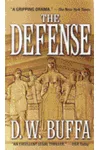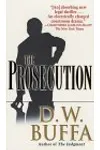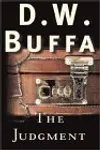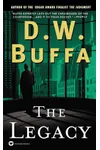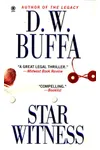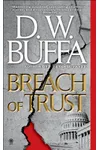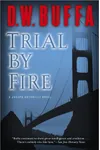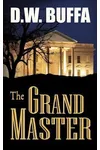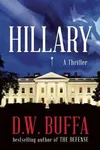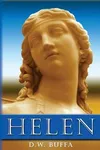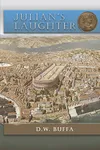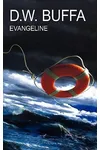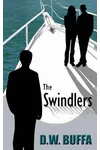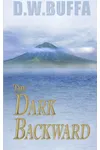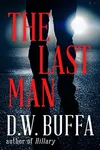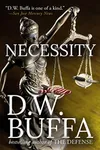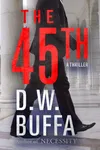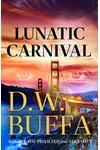Picture a San Francisco-born storyteller who swapped the courtroom for the page, crafting legal thrillers that pulse with suspense—meet D.W. Buffa! With a knack for weaving intricate plots and authentic characters, Buffa’s novels, like those in the Joseph Antonelli and Senator Bobby Hart series, dive deep into the American judicial and political systems, captivating readers with their thrilling twists.
Buffa’s journey from criminal defense attorney to acclaimed novelist is as gripping as his books. His insider knowledge of law and power dynamics fuels stories that don’t just entertain but provoke thought about justice and morality in modern society. Ready to explore his world? Let’s dive in!
The Making of D.W. Buffa
Born in 1940 in San Francisco’s Bay Area, Dudley W. Buffa grew up with a love for literature and a fascination with the legal world. After earning a B.A. from Michigan State University, he pursued an M.A. and Ph.D. in political science at the University of Chicago, studying under renowned scholars like Leo Strauss. Buffa later earned a J.D. from Wayne State University, launching a decade-long career as a criminal defense attorney. This experience became the bedrock of his writing, infusing his novels with courtroom authenticity and moral complexity.
Before turning to fiction, Buffa taught political theory and worked as a special assistant to U.S. Senator Philip A. Hart. His academic and legal background shaped his sharp, analytical style, blending philosophical musings with pulse-pounding narratives. In 1997, he took a leap into writing, and the literary world hasn’t been the same since.
D.W. Buffa’s Unforgettable Stories
Buffa’s debut, The Defense (1997), introduced Joseph Antonelli, a charismatic defense attorney navigating Portland’s legal landscape. Praised by the New York Times as “an accomplished first novel,” it set the stage for a ten-book series filled with courtroom drama and ethical dilemmas. In The Judgment (2001), nominated for an Edgar Award, Antonelli tackles a judge’s murder, unraveling a web of power and betrayal.
Later, Buffa shifted gears with the Senator Bobby Hart series, written under the pseudonym Lawrence Alexander. Books like Rubicon (2008) explore political intrigue, with Hart, an idealistic senator, confronting conspiracies that threaten democracy. Buffa’s Western Quartet, a historical fiction series, traces Western thought from ancient Athens to today, showcasing his versatility. His style—crisp dialogue, layered characters, and philosophical depth—makes every novel a masterclass in storytelling.
Whether he’s dissecting a trial or a political scandal, Buffa’s themes of power, justice, and human nature resonate. His legal expertise ensures every plot twist feels real, while his narrative flair keeps readers hooked. Fans of John Grisham or Scott Turow will find Buffa’s work a thrilling match.
Why D.W. Buffa Matters
D.W. Buffa’s impact lies in his ability to make the legal and political worlds accessible and riveting. His novels don’t just entertain; they challenge readers to question the systems shaping society. Breach of Trust (2004), hailed as a book that “will really matter” decades later, exposes Washington’s political underbelly, blending timeless relevance with page-turning suspense. Buffa’s shift from courtroom to broader political themes has cemented his place among top thriller writers.
His insider perspective, paired with a philosopher’s curiosity, elevates the genre, inspiring readers and writers alike. By humanizing complex characters—flawed attorneys, ambitious senators—Buffa reminds us that justice is as much about people as it is about law. His work continues to captivate a global audience, proving the enduring power of a well-told story.
- Born: 1940, San Francisco, California
- Key Works: The Defense, The Judgment, Breach of Trust, Rubicon
- Awards: The Judgment nominated for Edgar Award (2002)
- Fun Fact: Buffa studied under political philosopher Leo Strauss!
Snag The Defense and dive into D.W. Buffa’s thrilling legal world—your next page-turner awaits!
